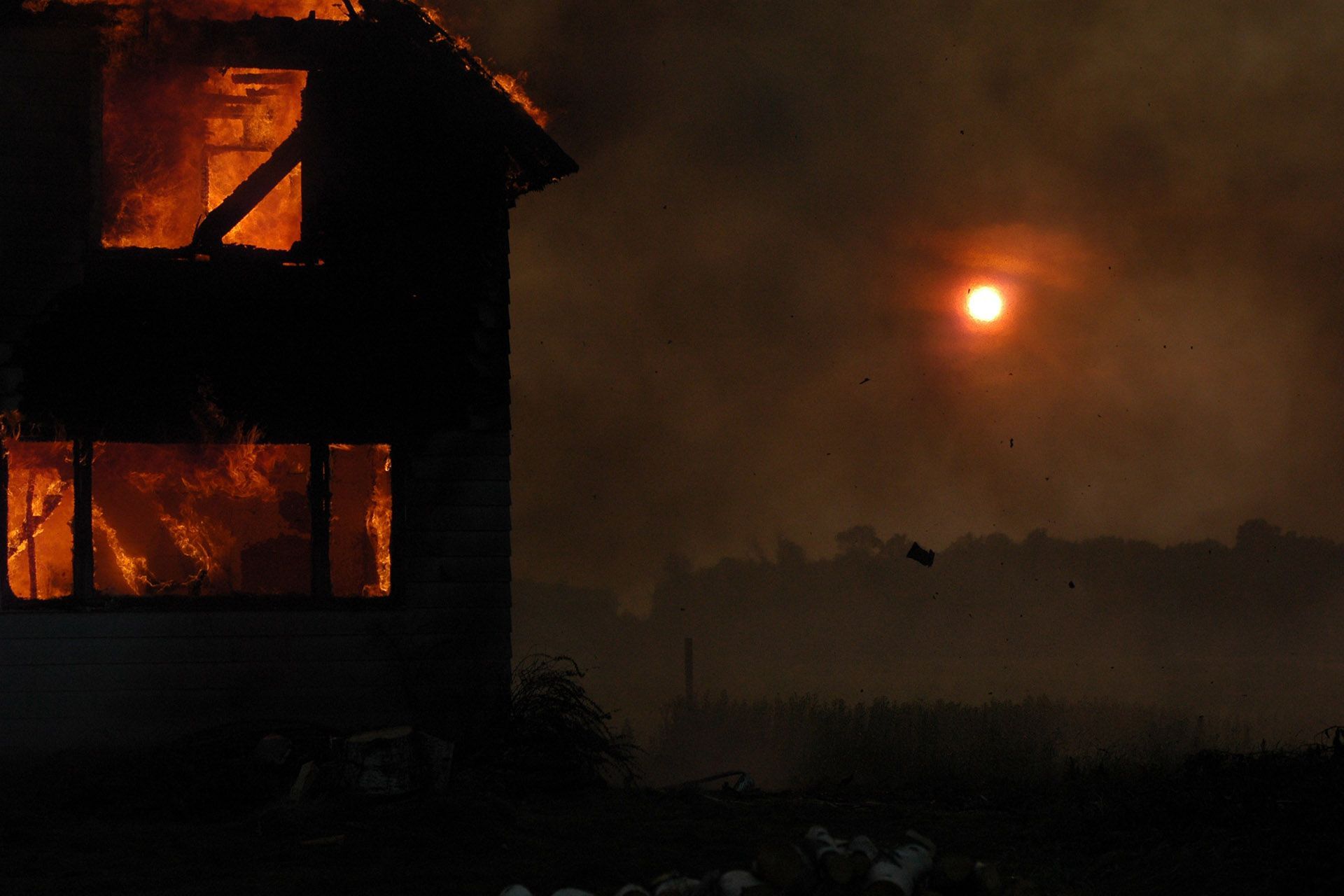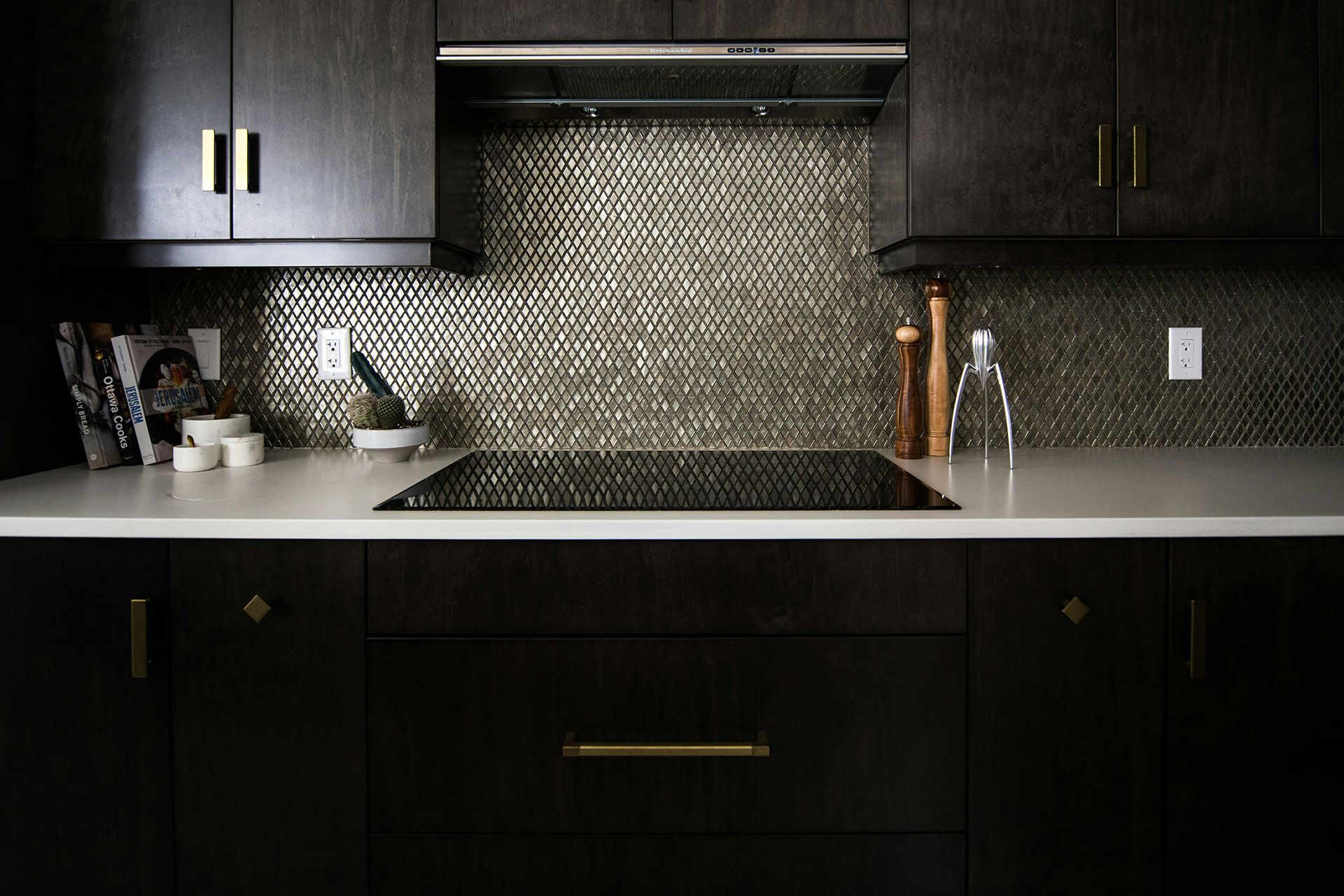Call or Text (216) 545-1776 to schedule service or installation
Blog | Financing | Specials | Now Hiring | Service Plans
Water Heaters: Which One’s Right for You?
In today’s world, a water heater is more than just a luxury; it’s a necessity.
With various technologies and designs in the market, choosing the right water heater for your home can be overwhelming. This article will outline the primary differences between the four most common types of water heaters: tank natural vent, tank with power vent, heat pump water heater, and tankless water heater.
Natural Vent-Tanked Water Heaters
How It Works: These traditional water heaters have a tank that stores and heats water. The heating mechanism is gas. The “natural vent” refers to the process where the combustion gases are expelled through a vertical vent, often using the natural buoyancy of hot air.
Pros
Simplicity: These units have been around for decades and are simple in design, making them easier to maintain and repair.
Lower Initial Costs: Compared to other types, tank natural vent heaters typically have a lower upfront cost.
Cons
Less Energy Efficient: Since they continuously heat water, even when not in use, they can be less energy efficient.
Space Requirements: They require space for the tank and proper ventilation.
Power Vent-Tanked Water Heaters
How It Works: Similar to the natural vent water heaters in tank design, the power vent models use a fan or blower to expel the combustion gases out of the home. This allows for more flexibility in the installation location as the gases can be directed horizontally or vertically.
Pros
Flexibility in Installation: They can be installed further away from an exterior wall, thanks to the powered venting mechanism.
Higher Efficiency: The power venting process reduces the risk of back-drafting, which can lead to wasted energy.
Cons
Higher Initial Cost: Adding the fan or blower increases the upfront cost.
Operational Noise: The fan can produce noise during operation.
Heat Pump Water Heaters
How It Works: Instead of directly generating heat, heat pump water heaters move heat from one place to another using electricity. They pull heat from the surrounding air and use it to warm the water.
Pros
High Efficiency: These units are often two to three times more energy efficient than traditional electric water heaters.
Eco-Friendly: They reduce the carbon footprint as they rely primarily on ambient heat.
Cons
Higher Initial Cost: The technology and components make them more expensive upfront.
Space and Climate Limitations: They require space for air circulation and work best in moderate climates. In cold areas, their efficiency might drop.
Tankless Water Heaters (On-Demand)
How It Works: As the name suggests, tankless water heaters don’t store water. Instead, they heat water directly as it flows through the unit, providing hot water on demand.
Pros
Continuous Supply: They can provide an endless stream of hot water as long as the demand doesn’t exceed its capacity.
Space Saving: Without a tank, they are compact and can be wall-mounted.
Energy Efficient: Since they heat water only when needed, they’re typically more energy-efficient than tank models.
Cons
Higher Initial Cost: The advanced technology and components can make them more expensive to purchase.
Flow Rate Limitations: If multiple outlets demand hot water simultaneously, the unit may not keep up.
When choosing a water heater for your home, it’s essential to consider factors such as the size of your household, hot water demands, available space, climate, and budget.
Each type of water heater has its unique advantages and challenges. By understanding these differences, homeowners can decide and select a water heater that best fits their needs. Contact us today at (216) 545-1776.
Don’t regret calling the wrong company for heating, cooling, plumbing, or electrical services. Make the Smart Choice and call Gorjanc Home Services at (216) 545-1776.
Gorjanc Home Services is Northeast Ohio’s Smart Choice for heating, cooling, plumbing, and electrical service since 1963.
OH Lic# 18275






